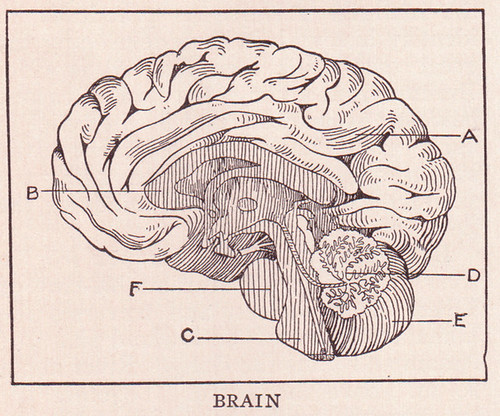This post is part of the series Warming up for El Día E: Posts to Improve Your Spanish. El Día E is a world-wide celebration of the Spanish Language that will take place on June 23th, 2012.
Posts in this series to celebrate El Día E:
1. Join the Celebration of El Día E
2. To Ask for Something or To Ask a Question: PEDIR and PREGUNTAR
3. The Spanish Words for TO KNOW: SABER versus CONOCER [this post]
4. The Many Ways to Move in Spanish: MOVERSE, MUDARSE, TRASLADAR
5. How to Translate the Conjunction BUT to Spanish: PERO and SINO/SINO QUE
6. The Distinction Between PARECER and PARECERSE
7. Using the Verb HACER to Express Periods of Time
8. 4 Ways to Use the Preposition CON in Spanish
9. 13 Cool and Interesting Facts About the Spanish Language
The Spanish Words for TO KNOW: SABER versus CONOCER

The verbs saber and conocer both translate as “to know” but in most cases they cannot be used interchangeably. Here is an explanation of how and when to use these two verbs.
Saber
Saber is used when you know information about something or how to do something. For example, if you know the answer to a question, know a fact, know how to perform a task.
Present tense examples:
Yo sé el alfabeto de memoria. (I know the alphabet by heart.)
Julio sabe tocar la guitarra. (Julio knows how to play the guitar.)
María y Mateo saben hablar italiano. (María and Mateo know how to speak Italian.)
Tú sabes que tienes que practicar tu español. (You know that you need to practice your Spanish.)
Past tense examples:
In the past tense preterite, saber translates to “learned” or “found out.”
¿Cuándo supo que quería ser un escritor? (When did you know that you wanted to be a writer?)
Imperfect examples:
In the past tense imperfect, saber translates to “to have known.”
Hace algunos años, sabía todos los estados y capitales, pero ahora no recuerdo. (A few years ago, I knew all the states and capitals, but now I don’t remember.)
Conocer
Conocer means to know as in, be familiar with.
Present tense examples:
Yo conozco a Mateo. (I know Mateo.)
Ellos conocen New York muy bien. (They know New York really well.)
In the infinitive form, it can also meet “to meet.”
Me gustaría conocer a tu novio. (I would like to meet your boyfriend.)
Preterite Examples:
In the preterite (past) tense, conocer means “to have met”
Nos conocimos en 2009. (We met in 2009.)
Conocí a tu amiga, María. (I met your friend, María.)
Imperfect examples:
In the imperfect, it means “to have been familiar with.”
Conocía el barrio muy bien, pero cambió mucho. (I knew the neighborhood really well, but a lot has changed.)
Tus padres conocían a mis padres en colegio. (Your parents knew my parents in school.)
Quick quiz:
If you wanted to say “Now I know how to use saber and conocer” would it be “Ahora sé cómo usar saber y conocer” or would it be “Ahora conozco cómo usar saber y conocer”?
Check out these other articles to help you Learn Spanish.
Featured photo credit: Brain page 368 by perpetualplum vi flickr